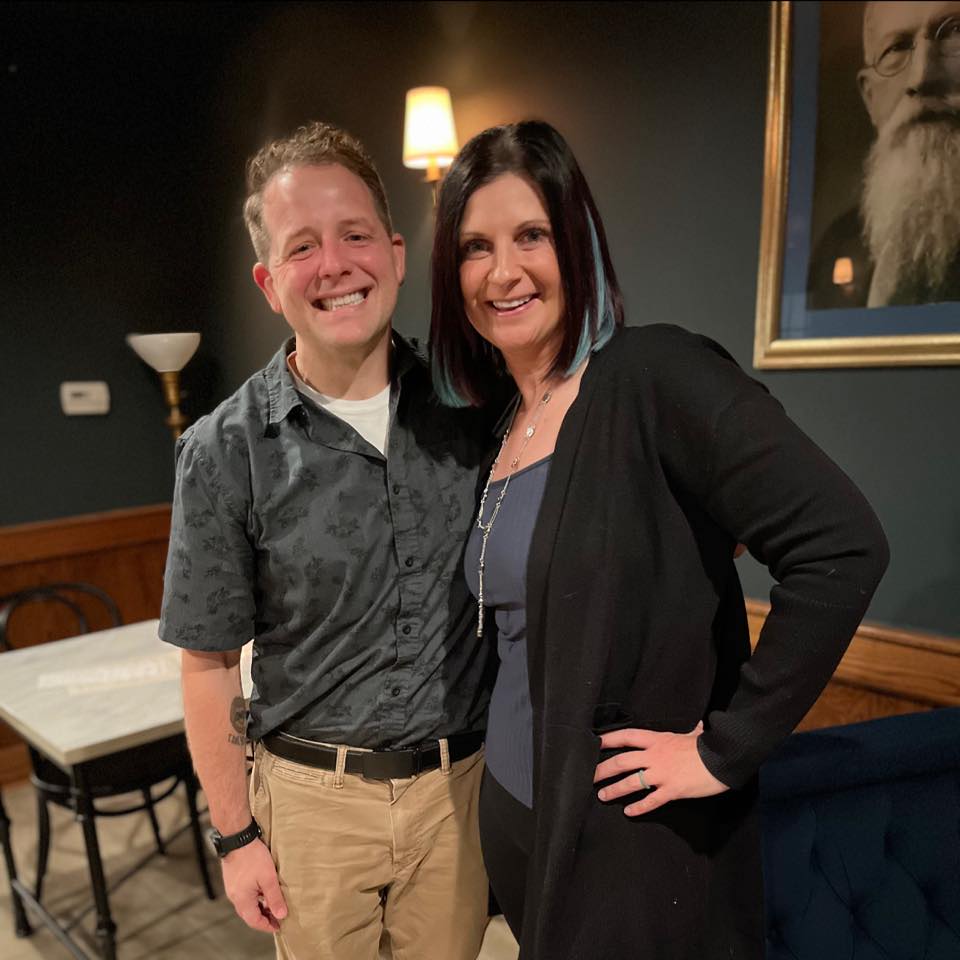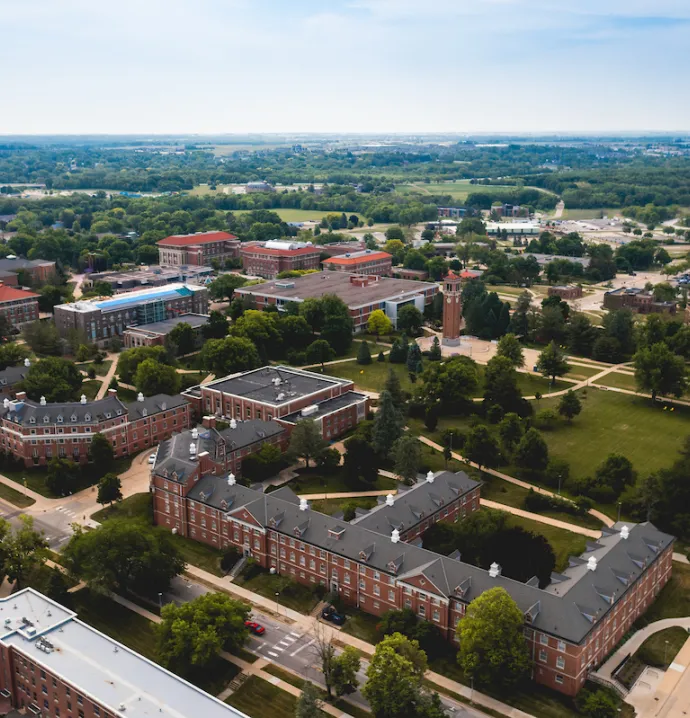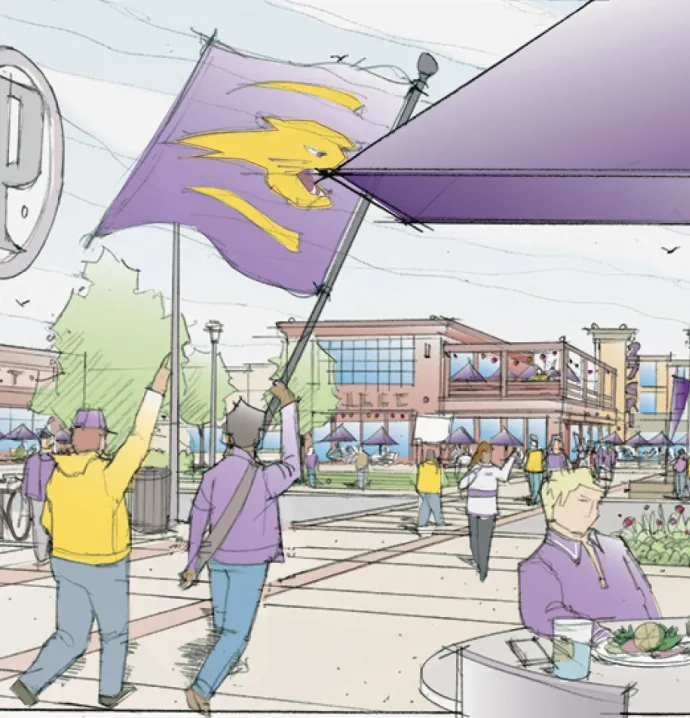UNI professor’s selfless act of organ donation saves a life
UNI professor’s selfless act of organ donation saves a life
Bill Henninger saw an opportunity to help a stranger in need and made the decision to donate his kidney, potentially saving their life.
“In the end, I have no regrets,” said Henninger, head of the Department of Family, Aging & Counseling and associate professor of family studies. “I really don't think about it much. I have about a four-inch scar down by my stomach. Every once in a while, I see it, and I'm like, ‘Oh, yeah, I did donate a kidney, didn't I?’ It hasn't impacted me a whole lot after the initial recovery.”

The process started nearly a year ago when Henninger saw a Facebook post about a local high school student who was in need of the organ. Henninger had the same blood type as the student, so decided to get tested to see if he was a match.
“It did weigh on me pretty heavily when I learned about the high school student,” he said. “That's someone's child, right? For a lot of parents, their children are everything. So to have this constant stress of ‘are they going to get a kidney’ would be extremely challenging. Being able to help out one person was really important.”
Just as Henninger was coming to the end of the testing process to determine the match, he discovered the high school student had received a kidney from someone else. Now he had a choice: to simply carry on with his life and not donate, or he could donate to someone else in need, wherever they could be.
“When you go through the testing, you have to go through just tons and tons of education and testing,” he said. “It's something like 100,000 people in the U.S. need a kidney every year. They also let you know that if you're approved, there's not a lot of risk to you because your kidneys are redundant. So when I heard about that, and I'm healthy, I felt like it was something I had to do. How often do you get to do something that really actually saves someone's life?”
As someone who teaches family services, Henninger was especially compelled to continue the donation process when thinking about the family members of those in need.
“Everybody has people that care about them, right?” he said. “So a grandparent who needs a kidney is getting rooted for just as hard by their family as anyone else. So if you can help out that whole family, that's important to me.”
Henninger had surgery on Oct. 11, 2023, about four months after first seeing the social media post that initiated the journey. He took two and a half weeks off from teaching his classes.
“My colleagues were amazing,” said Henninger. “They covered my classes for me. Administration was amazing. They said, ‘That's awesome. Let us know what you need.’ My students were really good about it too, and my partner was really supportive.”
When Henninger returned to work, he gave his students the opportunity to ask him as many questions as they would like, educating them on the process. He discovered several students with family members who received kidney donations.
Although he does not know the identity of the kidney recipient, he knows she is a 30-year-old female on the East Coast. Henninger wrote her a letter and enclosed photographs with his wife, their dogs and cats, leaving his email address and Facebook handle. However, he does not know if the recipient will see the letter, as she has to want to find out the identity of her donor. If given the chance, Henninger would love to connect with her.
"How often do you get to do something that really actually saves someone's life?” -Bill Henninger
“I just want to know she’s doing well,” he said. “How often do you really, really get to help somebody in a truly meaningful way? I would just hope the kidney is helping her. As far as I know, it’s working.”
Henninger had positive results when his remaining kidney function was tested six months after surgery. He will get tested again at one year and two years after the surgery. If he ever needs it, he also has access to a psychiatrist who was supplied to him. Although he admits there have been moments when doubts have crept in, ultimately he knows he made the decision that was right for him.
As he reflects, Henninger hopes he can be on the lookout for more opportunities to help others in the future.
“This was a big thing, but there are a lot of little things I can do to help people too,” he said. “There's lots of other things I can do in the world to help people out. So I’m trying to recognize those things and then also remind myself that I'm really fortunate. I'm healthy enough that I can give up a kidney and still function. So you know, when I have a bad day, I’ve started telling myself that at least I’m not sitting waiting for a call that someone was going to give me a kidney. So I have it pretty good.”




